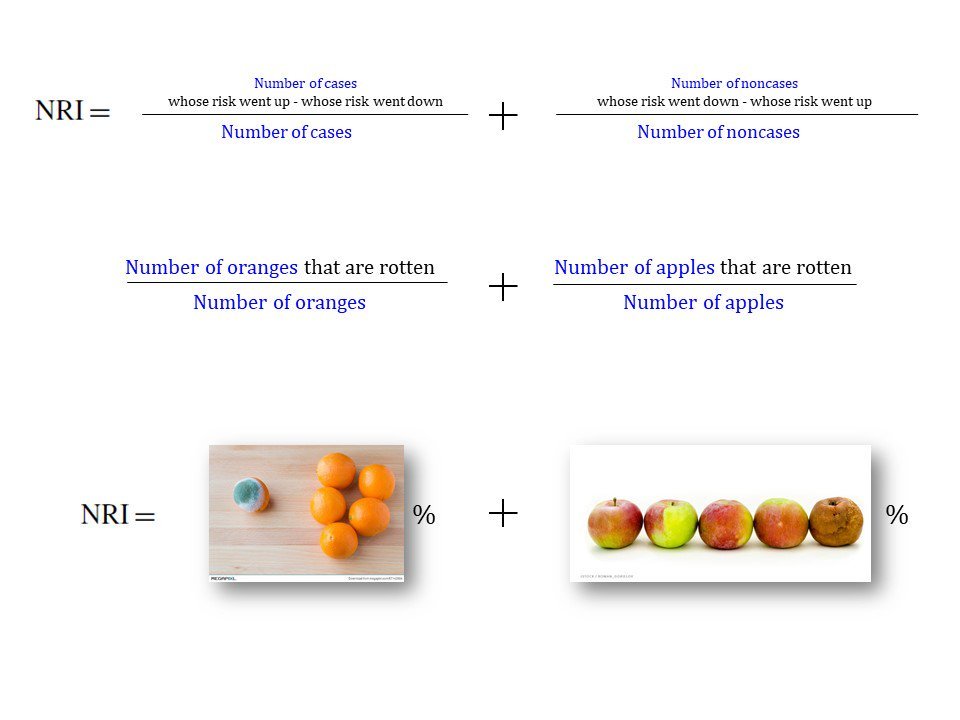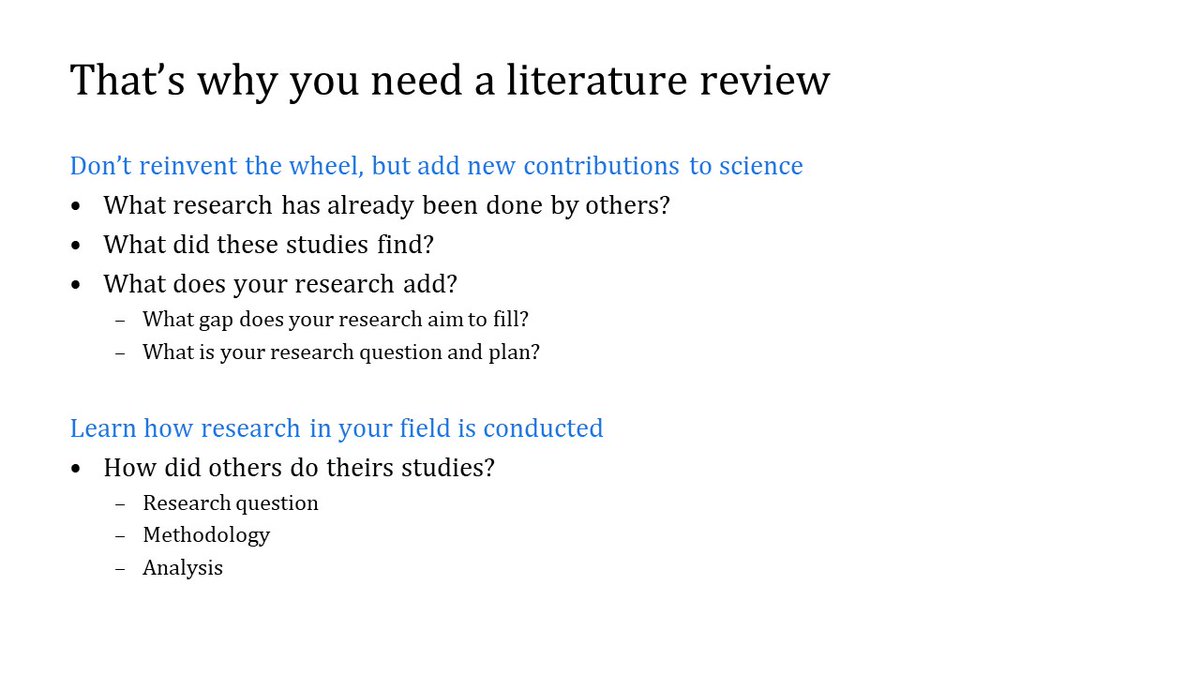Study finds a new test that can check if a breast tumor was effectively removed:
"Its test ... was up to 100 times more sensitive than other similar liquid-biopsy tests in picking up DNA shed by breast cancer cells into the blood."
Wow!
1/3
h/t @pash22
bit.ly/2GUxSe0?utm_so…
"Its test ... was up to 100 times more sensitive than other similar liquid-biopsy tests in picking up DNA shed by breast cancer cells into the blood."
Wow!
1/3
h/t @pash22
bit.ly/2GUxSe0?utm_so…
"After neoadjuvant therapy, ctDNA concentrations were lower in patients who achieved pathological complete response compared to patients with residual disease (... AUC = 0.83)."
"These results demonstrate high accuracy for assessment of ... residual disease"
Wow!
2/3
"These results demonstrate high accuracy for assessment of ... residual disease"
Wow!
2/3

Here is the accompanying ROC plot. A reminder that the study was conducted in only 33 patients.
--> waaayyyyyy more research is needed ... in larger sample size too show that this test shows presents a smooty ROC curve with similar AUC. Based on this graph: no guarantee.
3/3
--> waaayyyyyy more research is needed ... in larger sample size too show that this test shows presents a smooty ROC curve with similar AUC. Based on this graph: no guarantee.
3/3

• • •
Missing some Tweet in this thread? You can try to
force a refresh
















